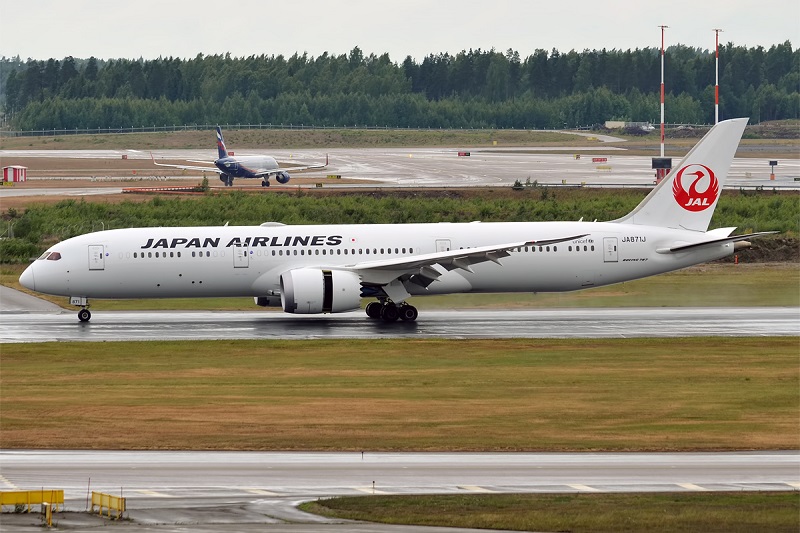

Japan Airlines Co on Monday began providing on-site COVID-19 vaccinations for its employees, with the move coming a day after All Nippon Airways Co started its own inoculation drive becoming the first business in Japan to begin workplace vaccinations.
Both airlines started to administer the inoculations at Tokyo’s Haneda Airport, with crew on international flights being given priority for the jabs.
Japan’s two top carriers beginning their workplace vaccination campaigns comes well ahead of the government’s planned June 21 start for companies and universities in Japan to begin their own vaccination campaign or double-up as inoculation centers.
Japan’s flag-bearing carrier, JAL, said it plans to vaccinate 36,000 group employees, with the focus initially on those working on international routes, whereas ANA Holdings Inc. said 46,500 of its staff are eligible to be vaccinated.
JAL will give priority to around 10,000 of its employees, including pilots and crew, working on international flights.
As the Japanese government seeks to ramp up its vaccination drive, the slow rollout of which has come under heavy criticism for being the slowest among a number of advanced economies, it said that as of 5 pm. Friday it had received applications for more than 9 million people to be vaccinated at 1,821 companies or universities.
Toyota Motor, SoftBank Group, and Rakuten having already committed to vaccines being administered at their premises.
Among others, Sumitomo Life Insurance Company is also on board, as is electronics maker Fujitsu.
Sony Group, meanwhile, has said it is planning to have its own corporate doctors vaccinate employees at its offices.
According to Chief Cabinet Secretary Katsunobu Kato, the new inoculation campaign is aimed at speeding up the country’s vaccination rollout and helping to reduce the burden on local municipalities.
“The expansion in the number of vaccination sites is meant to reduce the burden on local communities and accelerate the pace of inoculation. The two-dose vaccine developed by US biotech firm Moderna Inc will be used,” Kato told a press briefing on the matter recently.
Kato said that the workplaces and universities will be in charge of deciding who gets vaccinated, although recommended that the elderly and those with underlying health conditions be given priority.
The companies and universities, Kato said, will also be in charge of sourcing their own medical personnel to administer the jabs amid the nation’s dire lack of medical personnel qualified to give the vaccinations, which has contributed to the country’s sluggish rollout.